Telematics could help the transportation sector change its reputation as one of the world’s largest polluters while simultaneously saving the sector millions, says Trimble.
Globally, the transportation sector is the second largest source of CO2 emissions behind electricity generation. With an approximate 280 million commercial fleet vehicles currently in operation worldwide and a projected 400 million expected by 2020, businesses can take appropriate action now to combat their carbon footprint in the future.
Andrew Yeoman, managing director of Trimble Fleet Solutions in Europe, said: “For many of our customers, being a truly sustainable business is an ultimate aim. A fuel efficient fleet can make a dramatic difference to a company’s CO2 emissions, not to mention their bottom line and is often one of the easiest changes to make in a business with green aspirations.”
He says that telematics solutions can help businesses realise their carbon goals by allowing them to efficiently plan, manage and direct their vehicles so they can significantly reduce wasted journeys.
It’s estimated that many fleets using these technologies can save as much as seven and half litres of fuel per vehicle, per day.
Ian Featherstone, fleet advice manager from the Energy Saving Trust who advises companies on running fuel efficient fleets, said: “Businesses can significantly reduce the environmental impact of their fleet and performance data is essential. Through the ability to accurately measure fuel use and mileage, businesses can set benchmarks and then improvements can be measured and reported.
“A vehicle telematics system can significantly reduce the time and complexity involved collating this data and therefore help the organisation achieve its environmental sustainability goals.”
Yeoman continues: “Telematics technology has moved beyond simply tracking where a vehicle is at a single point in time, it can now provide a real-time measurement of inefficient or unsafe driving practices. If there is a shorter or faster route to a destination or a driver is persistently speeding or idling, telematics technology gives fleet managers instant access to this information.
“With consumers now making choices based on companies’ green credentials, businesses can make progress in this area and each of the benefits translates to lower costs and improved performance while achieving proactive environmental sustainability.”
With the introduction of “pay as you pollute” legislation and heavier penalties for those that don’t meet the green challenge head on, it is imperative that companies start to take action now.
Featherstone at the EST concludes: “We know that businesses are looking to reduce their carbon emissions and saving fuel using available technology not only helps companies realise their environmental goals, but also helps deliver far wider business benefits in terms of safety and service operations.”







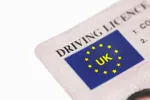


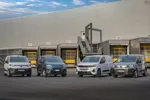

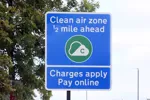

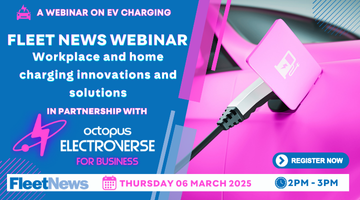
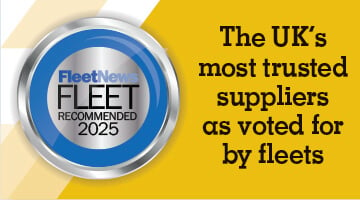

Login to comment
Comments
No comments have been made yet.